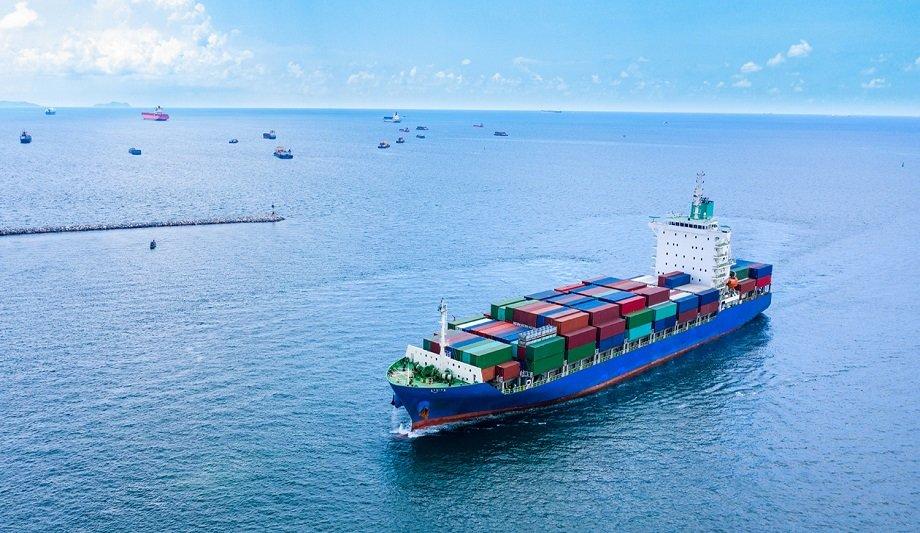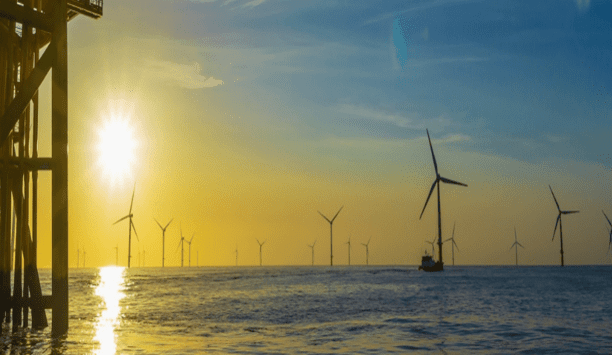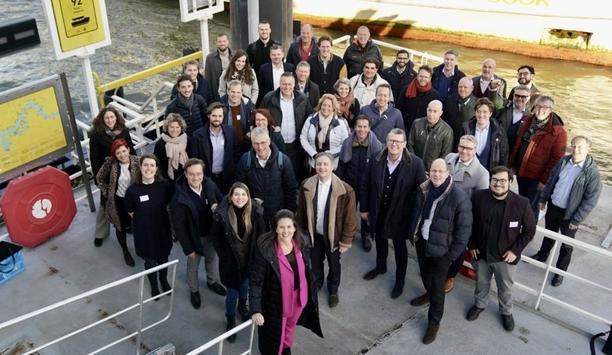The Marine Environment Protection Committee (MEPC 79) of the International Maritime organization (IMO) has made progress towards revising the Initial IMO GHG Strategy, working towards adopting a strengthened revised Strategy in mid-2023 at MEPC 80.
"I note and welcome the progress made on these matters. It cannot be stressed enough how crucial it is that we keep the momentum and deliver an ambitious and fair, revised IMO GHG Strategy at MEPC 80 next year," said IMO Secretary-General Kitack Lim, at the close of the MEPC 79 session, which met 12-16 December at IMO Headquarters in London.
Addressing climate change
"We cannot take our foot off the accelerator, at this moment in time, the cooperation and dialogue that is the trademark of IMO, and not least this Committee, will be more important than ever in delivering on what is expected of us to address climate change, but also biodiversity loss and marine pollution," said Mr. Lim.
The work on revising the IMO GHG Strategy took place in an intersessional group, (ISWG-GHG 13), which met on 5-9 December 2022, and in the Working Group on Reduction of GHG Emissions from Ships, which met during the MEPC 79 session.
Revised IMO GHG Strategy
MEPC 80 is expected to adopt the revised IMO Strategy for Reduction of GHG Emissions from Ships
The Committee reaffirmed its commitment to adopt a revised IMO GHG Strategy, in all its elements including with a strengthened level of ambition by MEPC 80; continue its work on identifying the candidate GHG reduction measures to be developed in priority as part of a basket of measures consisting of both technical and economic elements by MEPC 80 by the Work plan, and undertake a comprehensive impact assessment of the basket of candidate measures ahead of their adoption by the Work plan and the revised Procedure for assessing impacts on States.
MEPC 80 (3-7 July 2023) is expected to adopt the revised IMO Strategy for Reduction of GHG Emissions from Ships.
Revised resolutions on voluntary cooperation with ports and national action plans
The MEPC adopted revised resolutions on voluntary cooperation with ports and national action plans to reduce GHG emissions from shipping.
The amendments (to resolution MEPC.323(74) and resolution MEPC.327(75)) include references to facilitating voluntary cooperation through the whole value chain to create favourable conditions to reduce GHG emissions from ships, including through cooperation with ports, shipping routes, and maritime hubs. The revised resolutions are:
- Invitation to Member States to encourage voluntary cooperation between the port and the shipping sectors to contribute to reducing GHG emissions from ships.
- Encouragement of Member States to develop and submit voluntary National Action Plans (NAPs) to address GHG emissions from ships.
Mediterranean Sea Emission Control Area for Sulfur Oxides and particular matter
The limit for sulfur in fuel oil used on board ships is 0.10% m/m, outside these areas the limit is 0.50% m/m
The MEPC session adopted amendments to designate the Mediterranean Sea, as a whole, as an Emission Control Area for Sulfur Oxides and Particular Matter, under MARPOL Annex VI.
In such an Emission Control Area, the limit for sulfur in fuel oil used on board ships is 0.10% mass by mass (m/m), while outside these areas the limit is 0.50% m/m.
Amendment
The amendment is expected to enter into force on 1 May 2024, with the new limit taking effect from 1 May 2025. This move will ensure cleaner air for populations in the Mediterranean Sea area.
This is the fifth designated Emission Control Area for Sulfur Oxides and Particular Matter worldwide, the others being: the Baltic Sea area; the North Sea area; the North American area (covering designated coastal areas off the United States and Canada); and the United States Caribbean Sea area (around Puerto Rico and the United States Virgin Islands).
Mandatory garbage record books for smaller ships
The MEPC adopted amendments to MARPOL Annex V to make the Garbage Record Book mandatory also for ships of 100 gross tonnages and above and less than 400 gross tonnages.
The move supports the implementation of IMO's Strategy and Action Plan to address marine plastic litter from ships
This extends the requirement for mandatory garbage record books to smaller ships, which will be required to keep records of their garbage handling operations, namely discharges to a reception facility ashore or other ships, garbage incineration permitted discharges of garbage into the sea, and accidental or other exceptional discharged or loss of garbage into the sea. The move supports the implementation of IMO's Strategy and Action Plan to address marine plastic litter from ships.
Protecting seas in the Arctic - regional arrangements for port reception facilities
The MEPC adopted amendments to the MARPOL annexes to allow States with ports in the Arctic region to enter into regional arrangements for port reception facilities. The amendments relate to MARPOL Annexes I (oil), II (noxious liquid substances), IV (sewage), V (garbage), and VI (air pollution).
The amendments are expected to enter into force on 1 May 2024. Related amendments to the 2012 Guidelines for the development of a regional reception facility plan (resolution MEPC.221(63)) were also agreed.
EEXI, CII, and rating values
The MEPC adopted amendments to appendix IX of MARPOL Annex VI on the reporting of mandatory values related to the implementation of the IMO short-term GHG reduction measure, including attained EEXI, CII, and rating values to the IMO Ship Fuel Oil Consumption Database (IMO DCS).
Fuel flashpoint in bunker delivery note
MEPC adopted amendments to appendix V of MARPOL Annex VI, to include a flashpoint of fuel oil
The MEPC adopted amendments to appendix V of MARPOL Annex VI, to include a flashpoint of fuel oil or a statement that the flashpoint has been measured at or above 70ºC as mandatory information in the bunker delivery note (BDN).
The amendments are expected to enter into force on 1 May 2024.
PSSA in the North-West Mediterranean Sea
The MEPC agreed in principle to the designation of the Particularly Sensitive Sea Area (PSSA) in the North-West Mediterranean Sea, which will be an important contribution to protecting cetaceans in these waters.
BWM Convention
The MEPC approved draft amendments to appendix II of the Annex to the Ballast Water Management (BWM) Convention, related to the Form of the Ballast Water Record Book.











